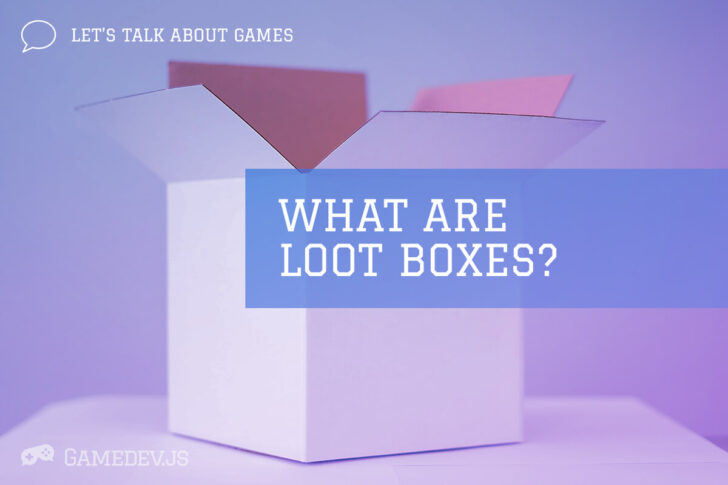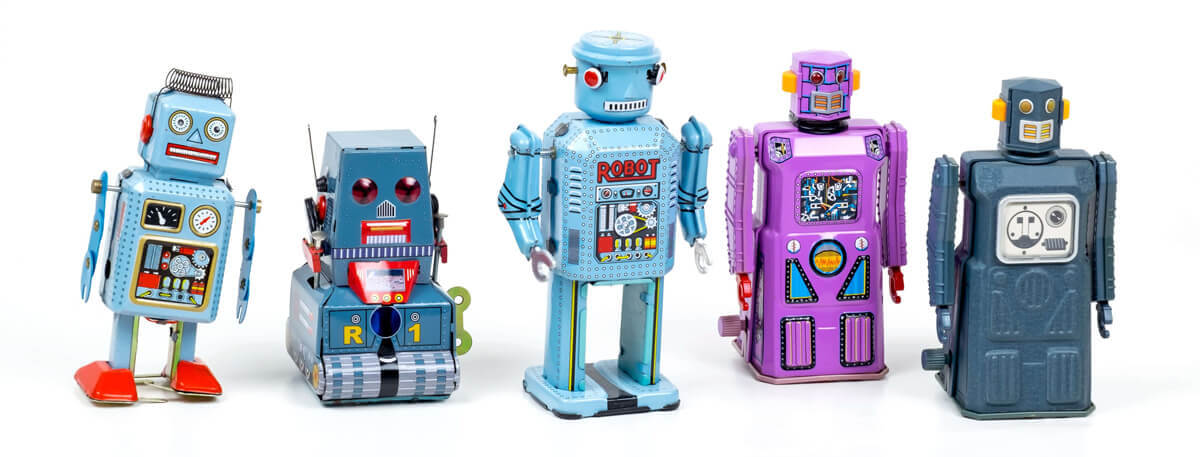
With this blogpost I want to open the Let’s Talk About Games series, in which I want to bring you closer to the interesting facts about games seen through the eyes of a game designer. However, in the case of today’s topic, I will go a little beyond nice and pleasant chat and raise a serious problem regarding the toys industry.
What’s the problem you might ask? In a moment, everything will become clear, and you will probably admit that you yourself have been exposed to this practice. But let’s start with explaining the concept from the world of games, which I write about in the title – loot box.
What are loot boxes?
In computer games, loot boxes are graphical elements that hide virtual items more or less useful during the game. Such a box can be purchased by the player, for example, as part of completing the next level/challenge, but often also by purchasing for real money (in games, these are so-called micropayments).
The content of loot boxes is usually completely random. In some games, next to the surprise chest there is information about the percentage chance of having the item. However, until recently, the whole “fun” was that the contents of the loot boxes were a total secret until they were opened, which means after payment. Many consumer organizations from different countries saw this practice as a kind of gambling and strongly opposed it.
What if we banned surprise eggs?
I asked this question in one of my newsletter issues. This was a reference to recent revelations that more countries are going to ban loot boxes. The first European country to ban the use of surprise box mechanics in games is Belgium. After it, a similar law was introduced by the Netherlands, and there are more countries willing to regulate this issue by law.
In response to these bans, game publishers defend themselves, among others by: the surprise egg argument. You know those little chocolate treats with a surprise toy hidden inside? If someone knows a way to get a toy, which is missing from the collection of previously hunted ones, they can call themselves very lucky.
And cute little dolls hidden in a big bauble-like ball? The fun lasts until it turns out that we have three of the same in the collection, and these are the ones we like the least (and by “us” I mean mainly our children). We seem to explain to ourselves that the doll we want has very high rarity, which gives us a slim chance of winning it, but hope is still smoldering.
The truth is that more than chocolate, in surprise eggs, the randomness of the prize and the need to collect the entire collection are addictive. Loot boxes are based on a similar mechanism. And while in the real world, no one sees anything wrong with children spending all their pocket money on more figurines – in the case of games, specific steps are taken to take care of the interests of the players.
What do I think about banning loot boxes from the perspective of a game developer, gamer and mother of a child who wants to collect the entire collection of dolls?
Of course, I support all actions aimed at protecting consumer rights. I understand the need for game developers to use monetization mechanisms (game developers want to earn money from games – there is nothing strange about it), but I am completely against tricking anyone into anything. And with such a stretch I meet every day when shopping with my child.

Colorful packaging, ads screaming “collect them all” (as if we all have to be like Ash Ketchum) and the affordable price of a single package – these are all the same tricks that game developers use for loot boxes. Until you buy, you don’t know if you finally got the last character from the collection.
How not to get hit by a bottle while using loot boxes?
How not to spend a fortune on them? First of all, remember why they were created. Secondly, use common sense – I, for example, always set a monthly spending limit for games.
There’s no way I’m going to surpass it, even if some limited edition super-ultra-awesome box of unique items just popped up in my favorite game. And when shopping with a child, it helps to establish a shopping list before entering – it doesn’t always work and sometimes ends up with big drama, but it’s worth trying.
Graphic designer, mom. Open source and mobile games enthusiast. Making game designs for Enclave Games, t-shirt designs for js13kGames, writing inspirational posts on Tutsy and making cool things for children at MAMAdesigner. Love taking photos, drawing icons and spending time with my family. You can see my portfolio at mypoint.pl









